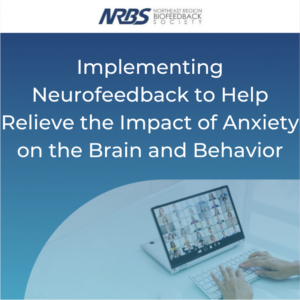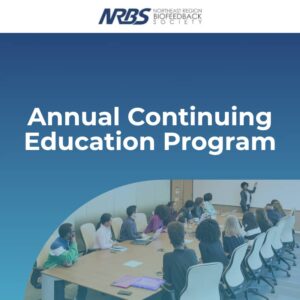Description

Presenter by: Lynda Thompson, PhD
This program will cover practical tips that all neurofeedback and/or biofeedback clinicians can apply for increased success. It covers what has been learned and fine tuned, during thirty years of clinical practice. The presentation will address common ethics oversights and methods to ensure psychologists engage in ethical practice, including consideration to a holistic approach that does not extend beyond a psychologist’s area of expertise.
BIOGRAPHY
Lynda Thompson, Ph.D. is a psychologist who has done teaching, clinical psychology, school psychology and owned learning centers. She became the executive director of The ADD Centre in Toronto in 1993 after discovering the world of neurofeedback and deciding to specialize in that intervention. Her doctoral dissertation dealt with hyperactive children treated with methylphenidate. She is co-author with William Sears of The A.D.D. Book: New Understandings, New Approaches to Parenting Your Child. She has published 9 book chapters and 14 journal articles with an emphasis on ADHD, Apserger’s Syndrome, seizure disorders, and stress management. Dr. Thompson has lectured in 25 countries and presents frequently at professional meetings.





